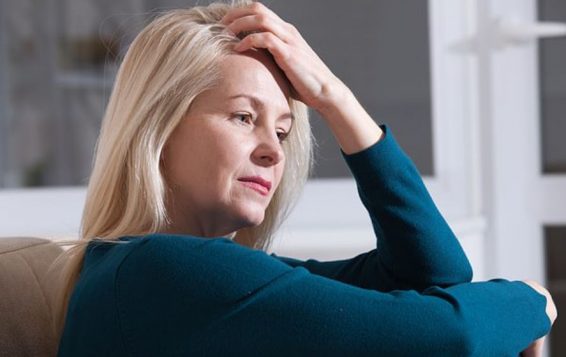If you’ve been feeling anxious about life under lockdown, you’re not alone – and it may not be just because of the pandemic.
A new US study has found that life may be more stressful now than it was in the 1990s – especially for those of us in middle age.
The team of researchers led by Penn State looked at data collected from 1,500 adults in 1995 and almost 800 different adults in 2012.
They found that across all ages, there was a slight increase in daily stress in the 2010s compared to the 1990s.
But when researchers just looked at the sample of people aged between 45 and 64, there was a sharp increase in daily stress.
“On average, people reported about 2% more stressors in the 2010s compared to people in the past,” David M. Almeida, professor of human development and family studies at Penn State.
“That’s around an additional week of stress a year. But what really surprised us is that people at mid-life reported a lot more stressors, about 19% more stress in 2010 than in 1990. And that translates to 64 more days of stress a year.”
Why not younger adults?
Professor Almeida speculates that this may be because this middle-aged group is the ‘sandwich generation’ – they have children who are facing an uncertain job market while also being responsible for their own parents and sometimes employees at work too.
He adds that this stress could also be increased by life “speeding up” due to technological advances – particularly during stressful times like a global pandemic when blocking out the news can seem like an impossible task.
“With people always on their smartphones, they have access to constant news and information that could be overwhelming,” he said.
It makes sense to us – definitely time to switch off the phone and enjoy some downtime.



